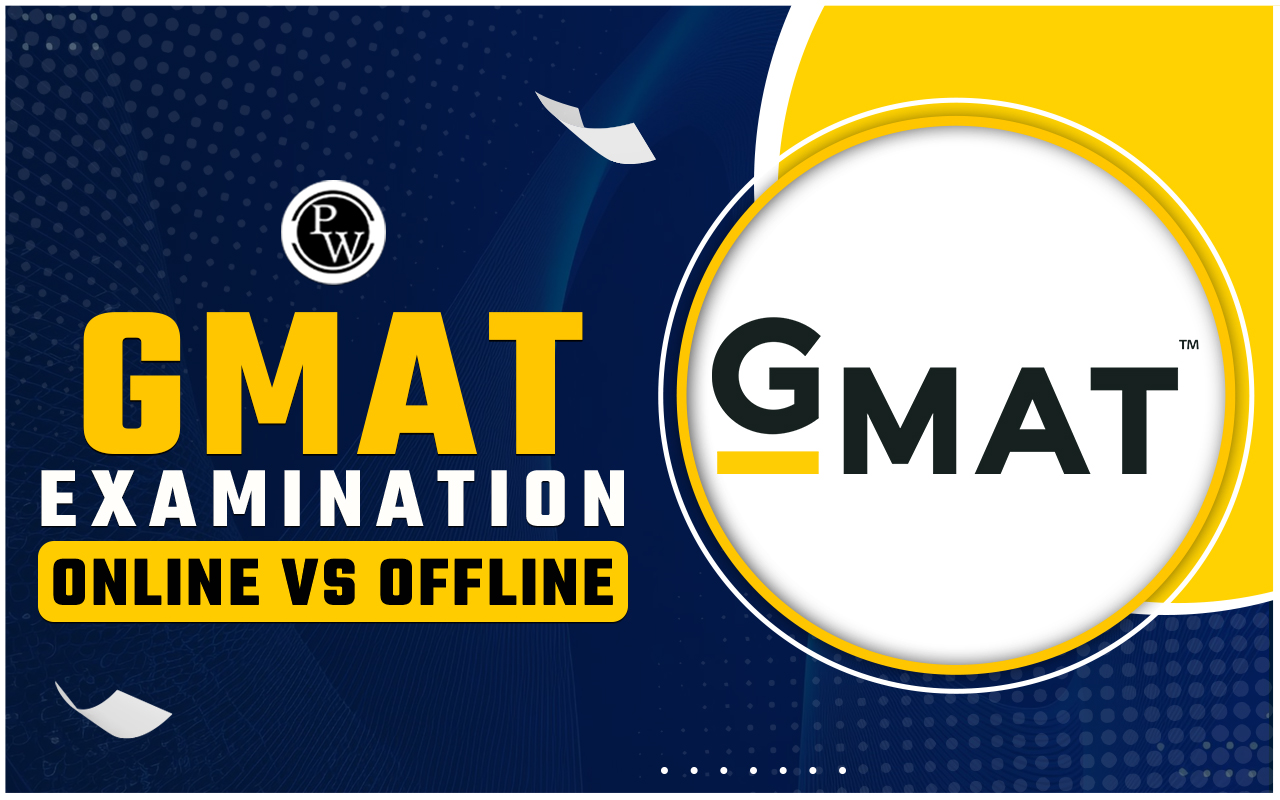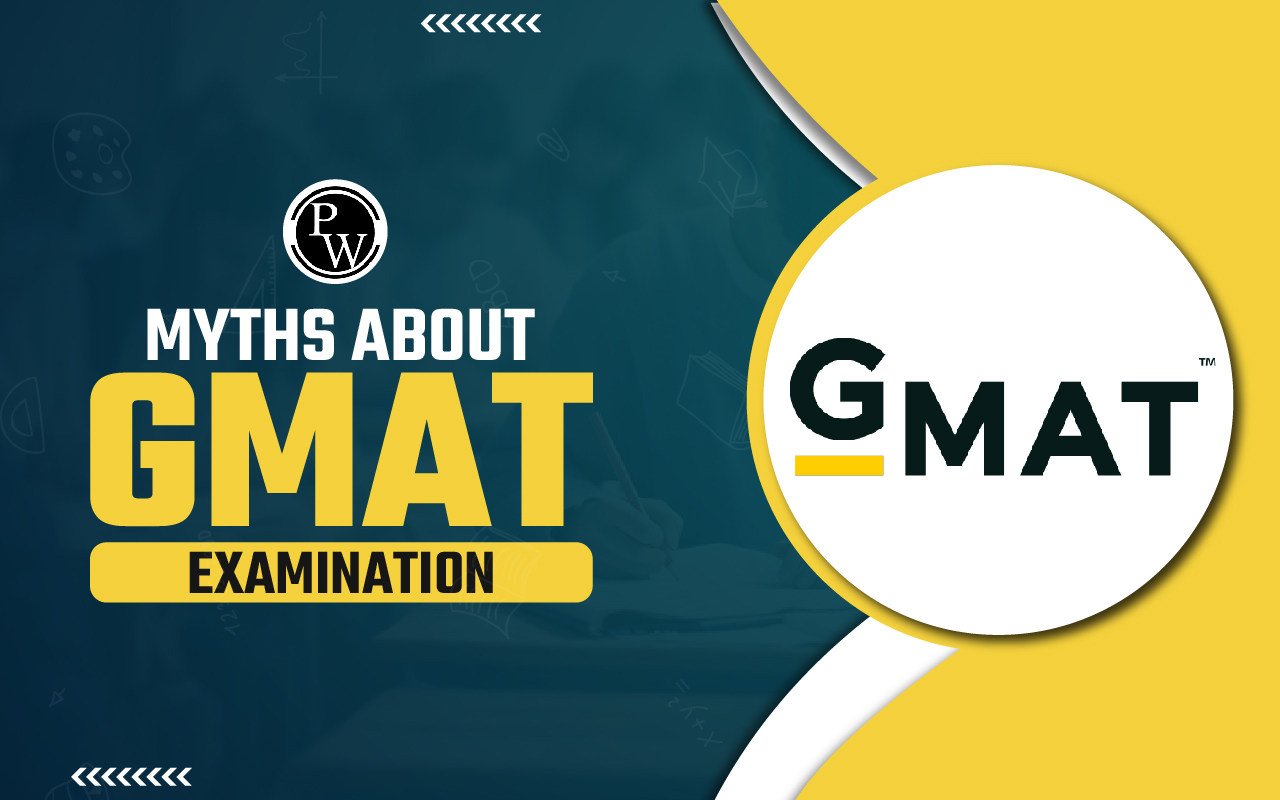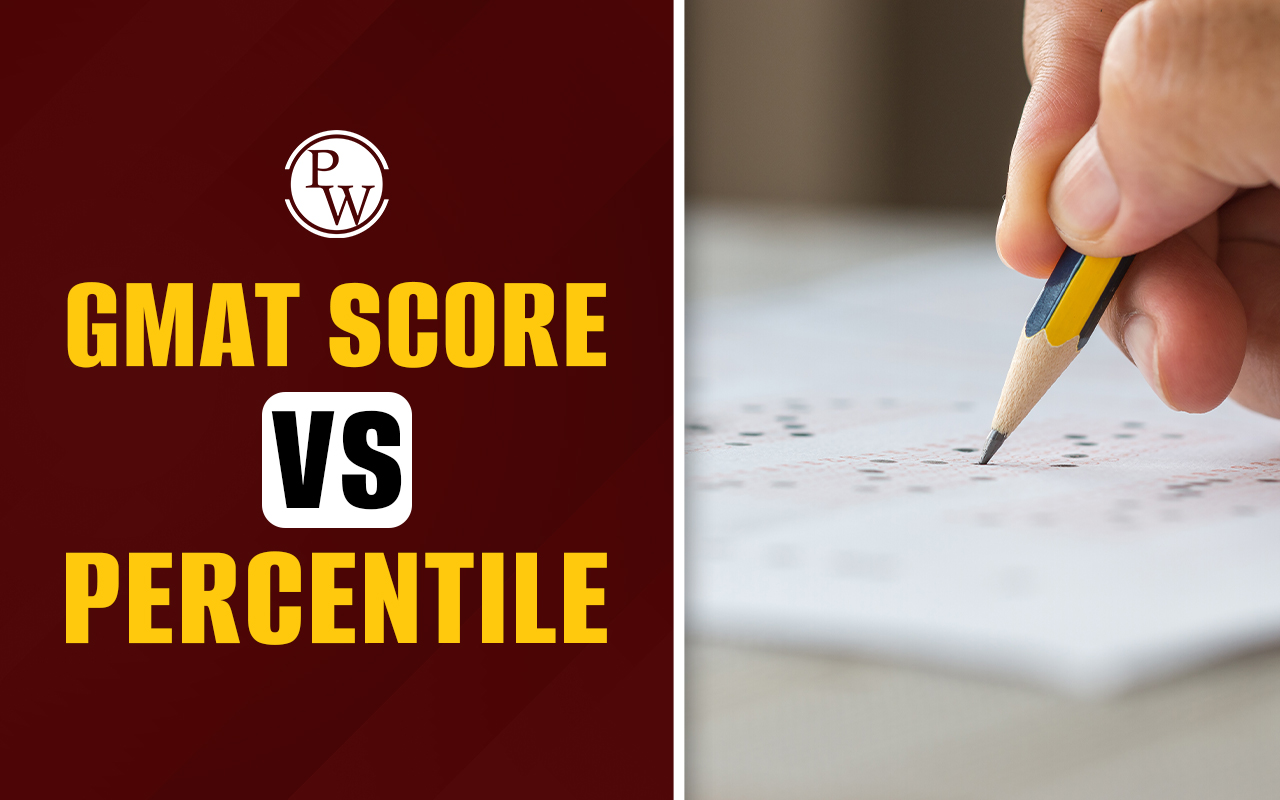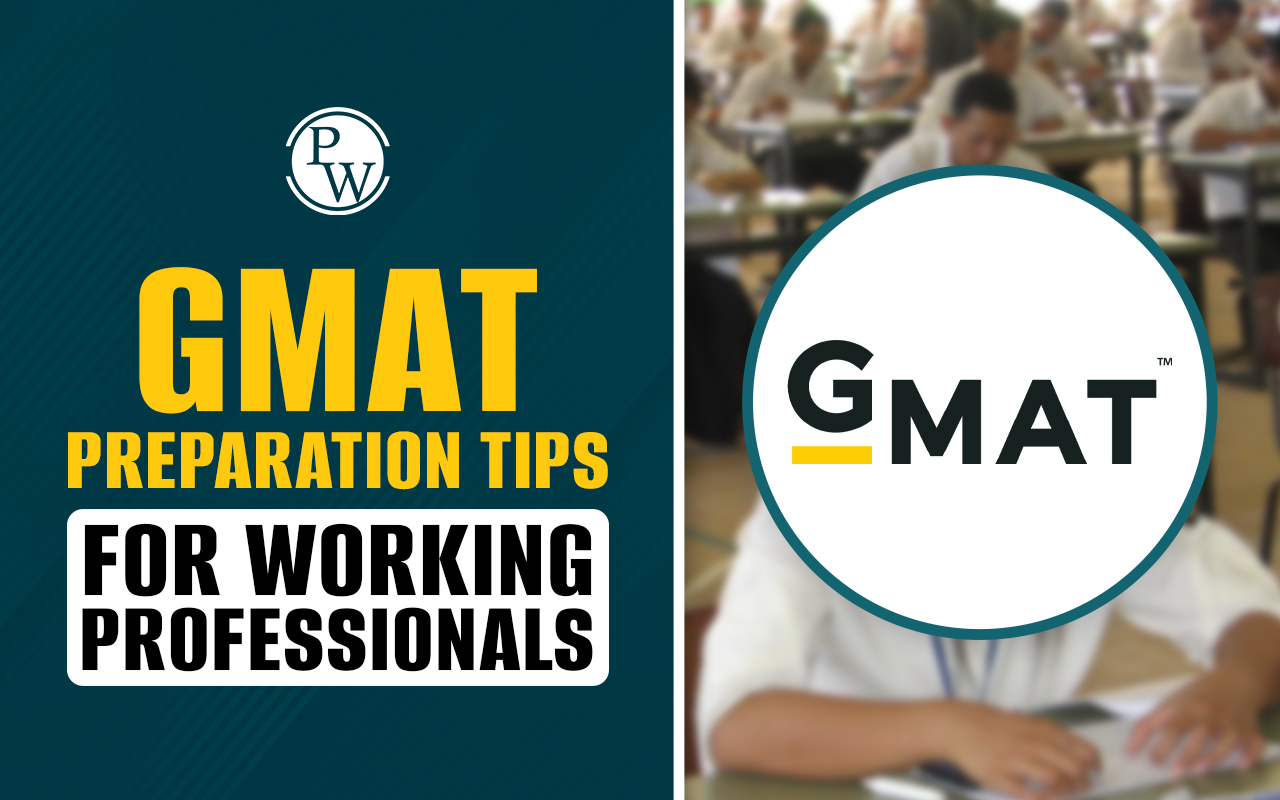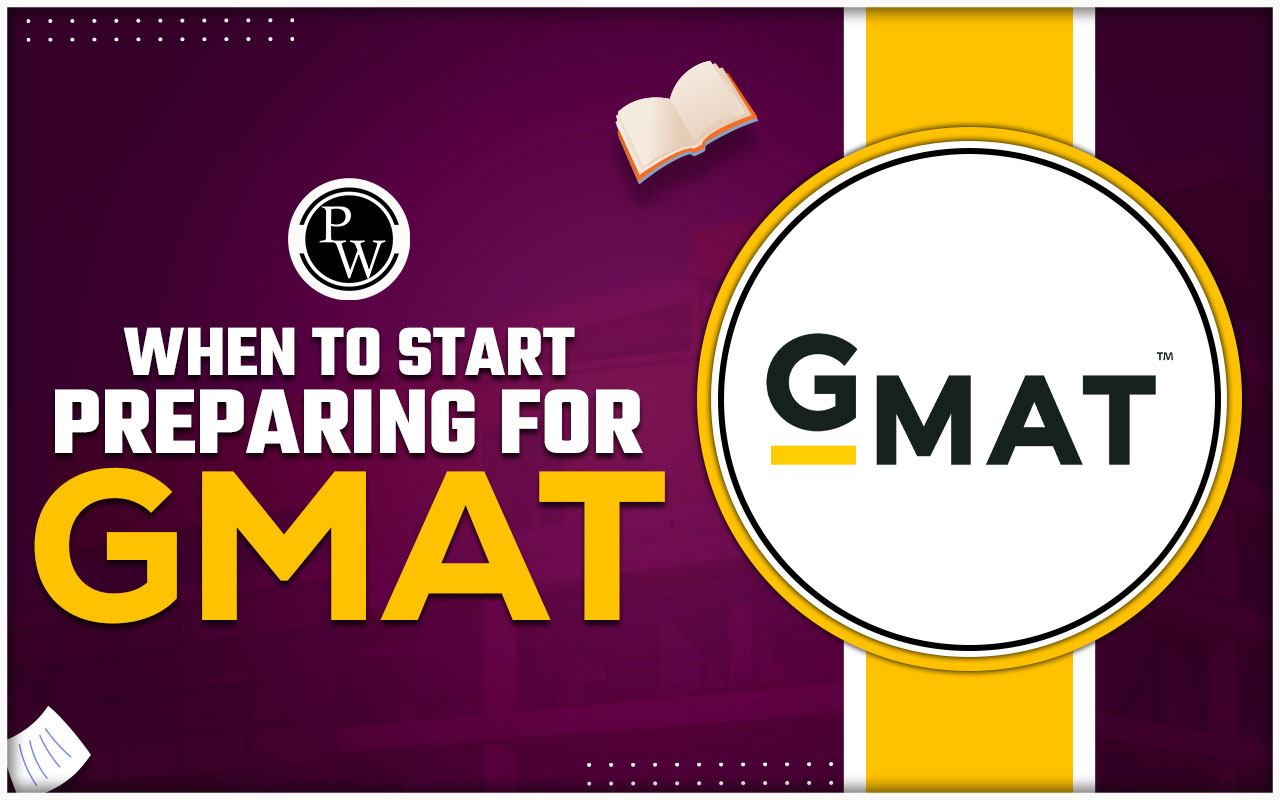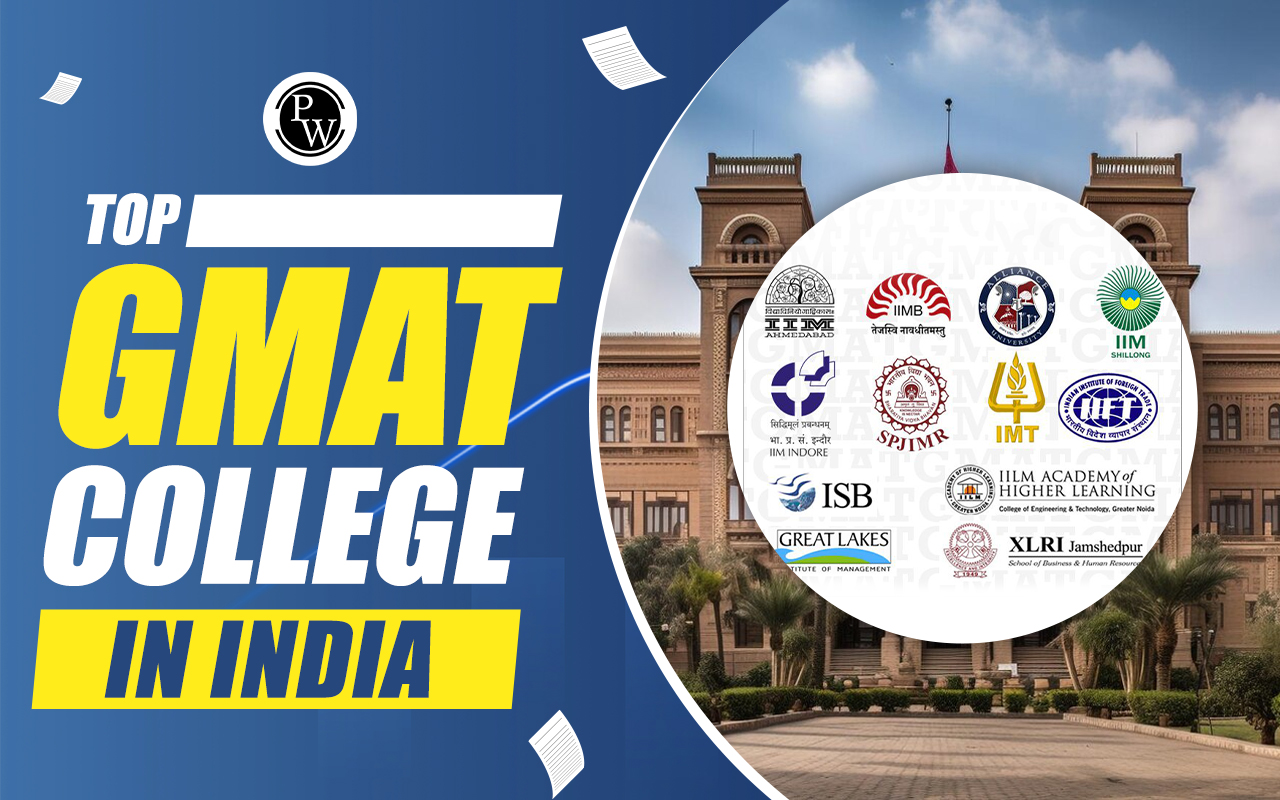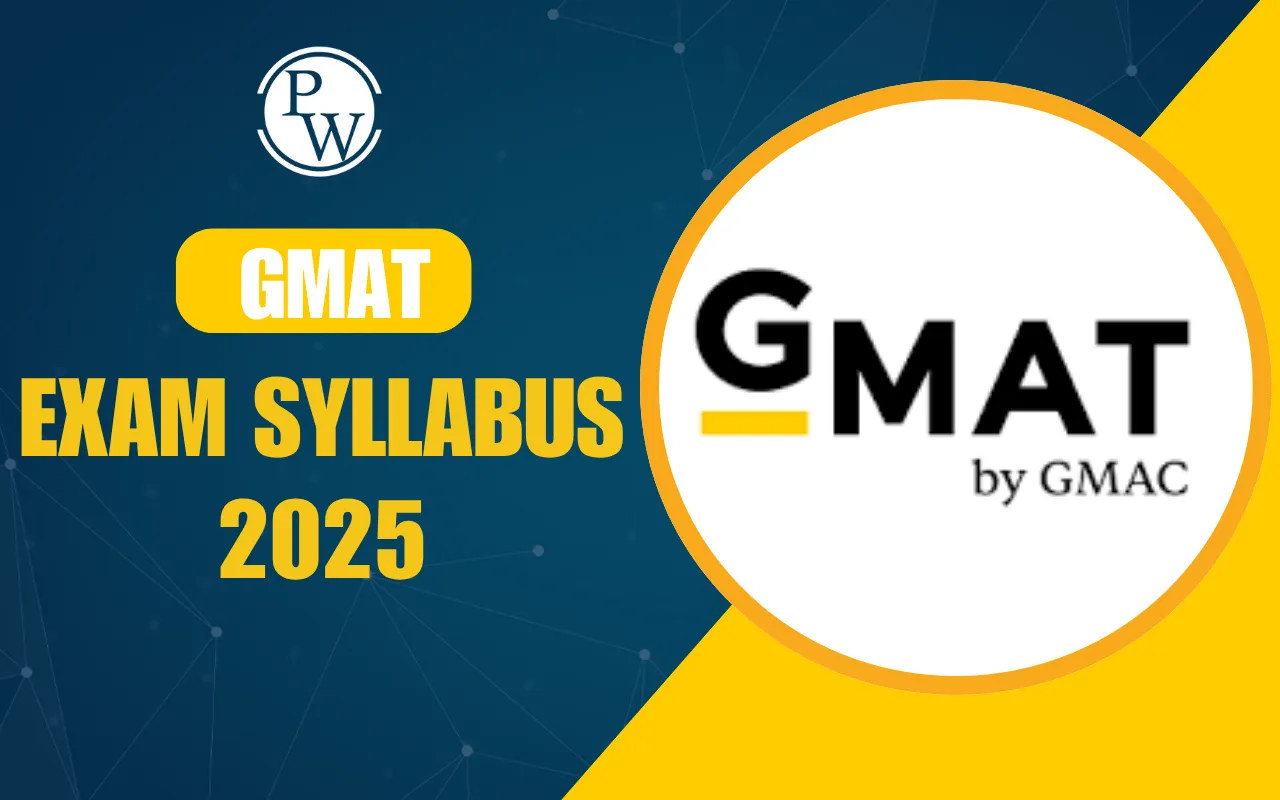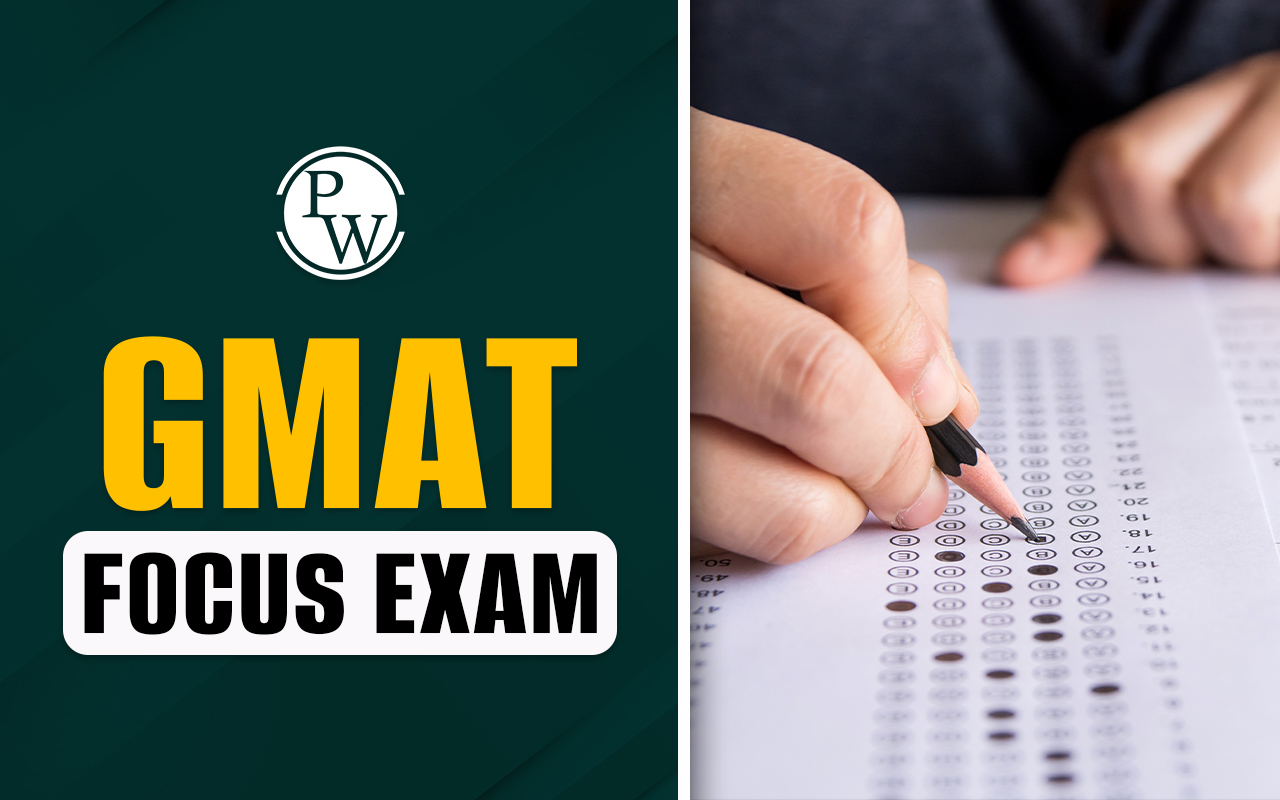
GMAT Full Form : The GMAT, or Graduate Management Admission Test, is a globally recognized standardized test that serves as a pivotal component in the admission process for graduate business programs, primarily MBA (Master of Business Administration) programs. This comprehensive examination is designed to assess a candidate's readiness and aptitude for advanced studies in business and management.
What is GMAT Full Form?
The Full form of GMAT is Graduate Management Admission Test, is a standardized examination designed to evaluate a test taker's proficiency in mathematical, verbal, and analytical writing skills. It is predominantly utilized as the primary assessment tool by business schools for admitting students into MBA programs. Generally, this exam is administered exclusively in a computer-based format; however, in regions with limited computer network access, it may be administered in a paper-based format.- GMAT, short for Graduate Management Admission Test, is the predominant assessment tool employed by business schools for candidate evaluation.
- The test encompasses four distinct sections: analytical writing, verbal reasoning, quantitative reasoning, and integrated reasoning.
- In total, the GMAT takes approximately three and a half hours to complete, with a maximum achievable score of 800 points.
Also Read: GMAT Syllabus 2025
GMAT Exam Pattern
The GMAT is a computer-adaptive test that evaluates a test-taker's skills in four key areas:- Analytical Writing Assessment (AWA): This section assesses the candidate's ability to express their thoughts coherently and critically evaluate arguments. Test-takers are required to analyze a given argument and write an essay that demonstrates their analytical and writing skills.
- Integrated Reasoning (IR): The IR section evaluates a candidate's ability to analyze and synthesize complex data from multiple sources. It includes questions related to graphics interpretation, table analysis, and multi-source reasoning.
- Quantitative Reasoning: This section gauges a candidate's proficiency in mathematical concepts, problem-solving, and data analysis. It comprises both multiple-choice and data sufficiency questions.
- Verbal Reasoning: The verbal reasoning section evaluates a candidate's ability to understand written material, evaluate arguments, and correct written sentences. It includes questions related to reading comprehension, critical reasoning, and sentence correction.
GMAT Exam Pattern Sectional Breakdown
| Section | Description | Time Allotted |
| Analytical Writing Assessment (AWA) | Measures analytical writing skills, requires an essay response. | 30 minutes |
| Integrated Reasoning (IR) | Evaluates the ability to analyze and synthesize complex data. | 30 minutes |
| Quantitative Reasoning | Assesses mathematical proficiency and problem-solving skills. | 62 minutes |
| Verbal Reasoning | Measures comprehension, reasoning, and language proficiency. | 65 minutes |
What is GMAT Score
The GMAT provides a composite score based on the Verbal and Quantitative sections, ranging from 200 to 800, with the majority of test-takers scoring between 400 and 600. The AWA section is scored separately on a scale from 0 to 6, and the IR section is scored on a scale from 1 to 8.| Section | Score Range | Percentile Rank |
| Analytical Writing Assessment (AWA) | 0-6 | N/A |
| Integrated Reasoning (IR) | 1-8 | N/A |
| Quantitative Reasoning | 0-60 | N/A |
| Verbal Reasoning | 0-60 | N/A |
| Total GMAT Score | 200-800 | N/A |
What is GMAT Syllabus
GMAT syllabus checks how ready a candidate is for business school. It tests important skills like verbal, math, analytical, and reasoning abilities. Knowing the syllabus helps candidates prepare better by focusing on the main topics and question types. The exam has four sections, each testing different skills needed for MBA programs. The following topics are covered in the GMAT exam.| Subject | Topic Names |
| Verbal Reasoning |
|
| Quantitative Aptitude | Arithmetic, Algebra, Geometry |
GMAT and Business Education:
GMAT scores are widely recognized by thousands of business schools and management programs worldwide. They are used by admissions committees to assess a candidate's academic readiness, analytical skills, and potential for success in graduate-level business studies. Many MBA programs consider GMAT scores along with other components of the application, such as academic transcripts, letters of recommendation, and personal statements.| Feature | Computer-Based GMAT | Paper-Based GMAT |
| Test Delivery | Computer | Paper |
| Availability | Globally, widely accessible | Limited regions |
| Section Order Flexibility | Can choose section order | Fixed section sequence |
| Score Reporting | Immediate unofficial scores | Delayed score reports |
| Test Length | Approximately 3.5 hours | Approximately 4 hours |
| Score Validity | Five years | Five years |
GMAT Preparation Tip
Preparing for the GMAT requires dedication, practice, and a well-structured study plan. Many test-takers opt for GMAT preparation courses, study guides, and online resources to enhance their performance in each section. Practicing with official GMAT sample questions and full-length practice tests is highly recommended to gain familiarity with the format and time constraints of the exam.| Also Read | |
| GMAT Exam Pattern | GMAT Exam |
| GMAT Registration | GMAT Exam Syllabus |
| GMAT Admit Card | |
Physics Wallah offers online coaching for the GMAT through their MBA Stellar Pro 2025 batch. This batch includes online classes for management examinations for 2025, including GMAT. Join now to enhance your preparation journey.
GMAT full form FAQs
What is the full form of GMAT?
GMAT stands for Graduate Management Admission Test.
What is the primary purpose of GMAT?
GMAT is primarily used by business schools as a standardized test to evaluate candidates' aptitude for admission into graduate business programs, particularly MBA programs.
How many sections are there in the GMAT exam?
The GMAT exam consists of four sections: Analytical Writing Assessment (AWA), Integrated Reasoning (IR), Quantitative Reasoning, and Verbal Reasoning.
What is the maximum score a test-taker can achieve on the GMAT?
The maximum achievable score on the GMAT is 800 points, which is determined by the combined scores from the Quantitative and Verbal Reasoning sections.
Is the GMAT available as a computer-based test worldwide?
Yes, the GMAT is primarily administered as a computer-based test and is widely accessible globally. However, in areas with limited computer network access, a paper-based test format may be offered.
Is there any negative marking in the GMAT exam?
No, there is no negative marking in the GMAT exam. You won’t lose marks for wrong answers, so it's better to attempt all questions.
How important is it to know the syllabus before preparation?
It’s very important. Knowing the syllabus helps you focus on the right topics, manage your time better, and improve your chances of getting a high score.
Talk to a counsellorHave doubts? Our support team will be happy to assist you!

Check out these Related Articles
Free Learning Resources
PW Books
Notes (Class 10-12)
PW Study Materials
Notes (Class 6-9)
Ncert Solutions
Govt Exams
Class 6th to 12th Online Courses
Govt Job Exams Courses
UPSC Coaching
Defence Exam Coaching
Gate Exam Coaching
Other Exams
Know about Physics Wallah
Physics Wallah is an Indian edtech platform that provides accessible & comprehensive learning experiences to students from Class 6th to postgraduate level. We also provide extensive NCERT solutions, sample paper, NEET, JEE Mains, BITSAT previous year papers & more such resources to students. Physics Wallah also caters to over 3.5 million registered students and over 78 lakh+ Youtube subscribers with 4.8 rating on its app.
We Stand Out because
We provide students with intensive courses with India’s qualified & experienced faculties & mentors. PW strives to make the learning experience comprehensive and accessible for students of all sections of society. We believe in empowering every single student who couldn't dream of a good career in engineering and medical field earlier.
Our Key Focus Areas
Physics Wallah's main focus is to make the learning experience as economical as possible for all students. With our affordable courses like Lakshya, Udaan and Arjuna and many others, we have been able to provide a platform for lakhs of aspirants. From providing Chemistry, Maths, Physics formula to giving e-books of eminent authors like RD Sharma, RS Aggarwal and Lakhmir Singh, PW focuses on every single student's need for preparation.
What Makes Us Different
Physics Wallah strives to develop a comprehensive pedagogical structure for students, where they get a state-of-the-art learning experience with study material and resources. Apart from catering students preparing for JEE Mains and NEET, PW also provides study material for each state board like Uttar Pradesh, Bihar, and others
Copyright © 2026 Physicswallah Limited All rights reserved.
